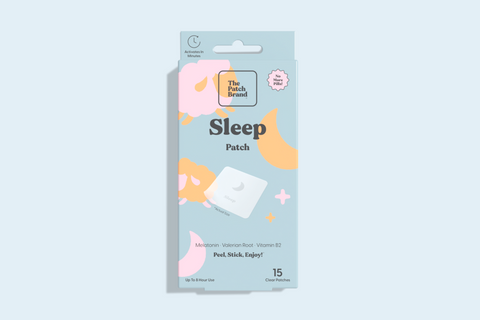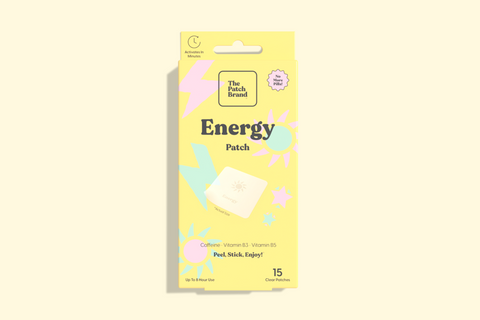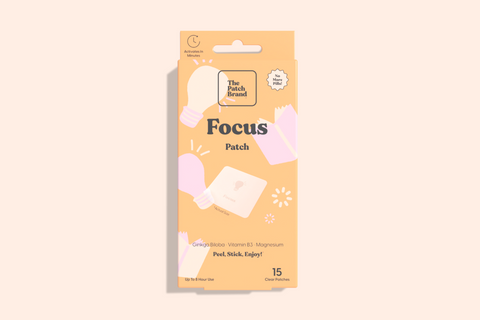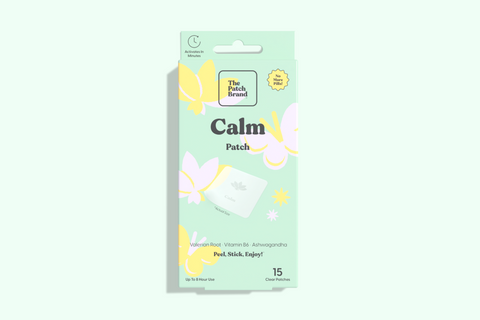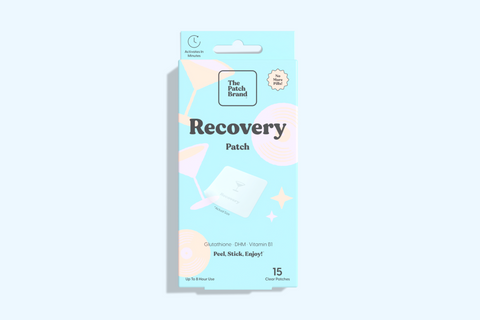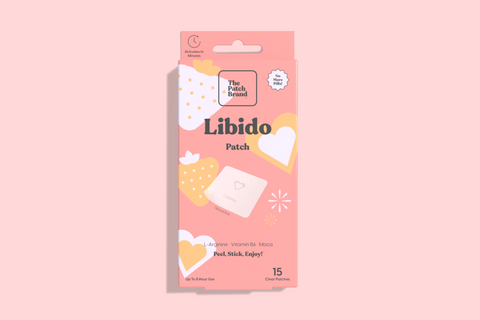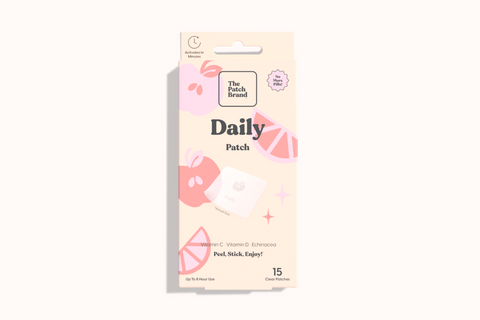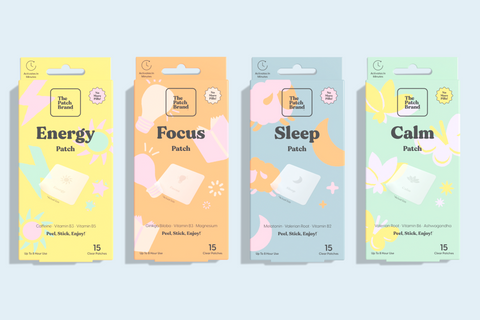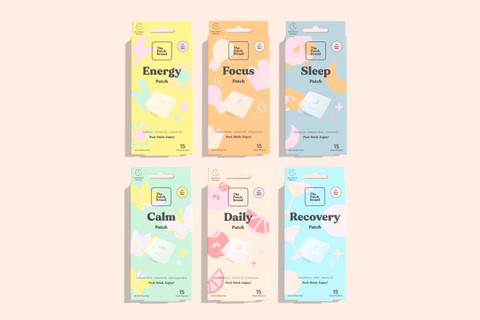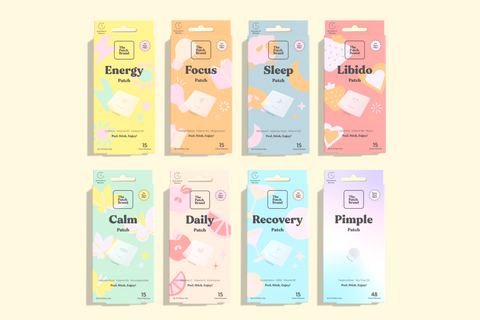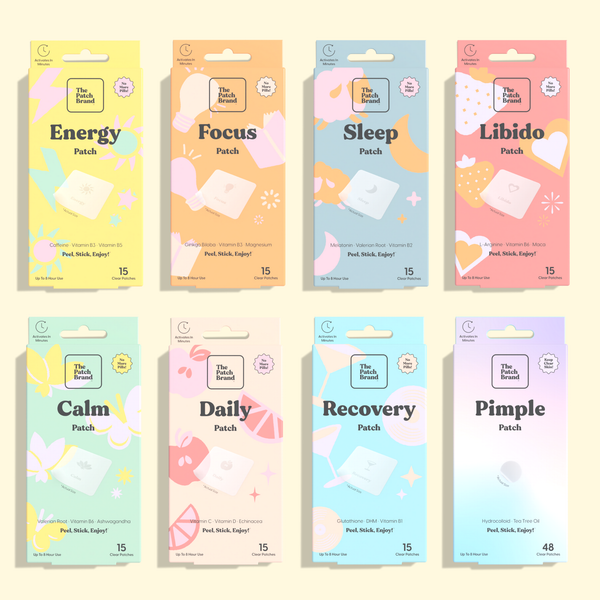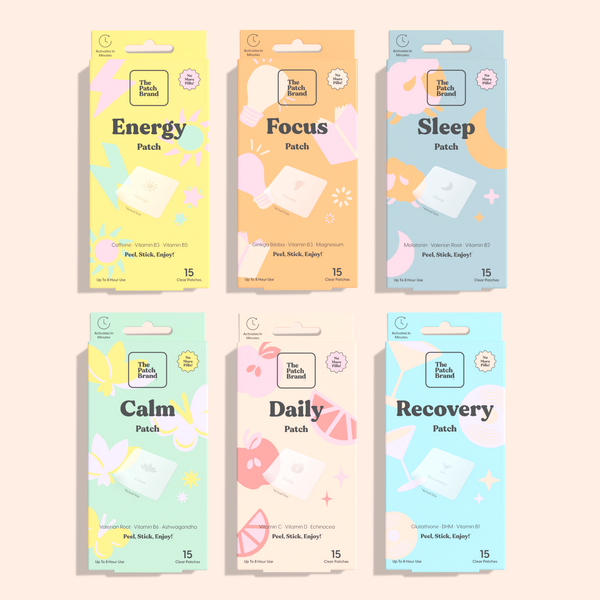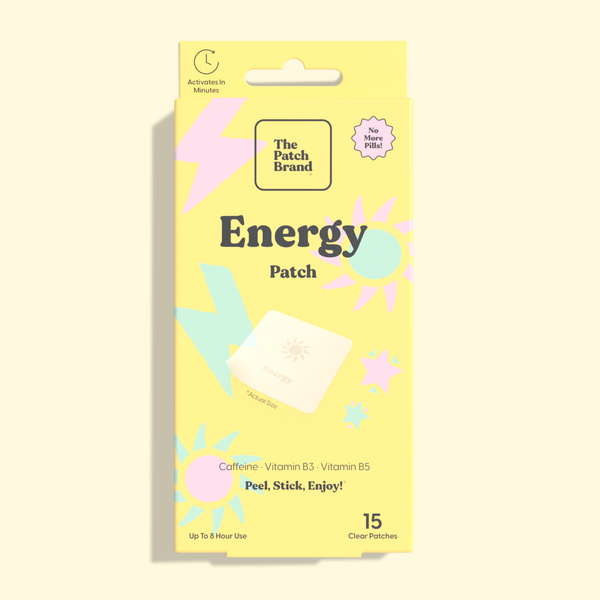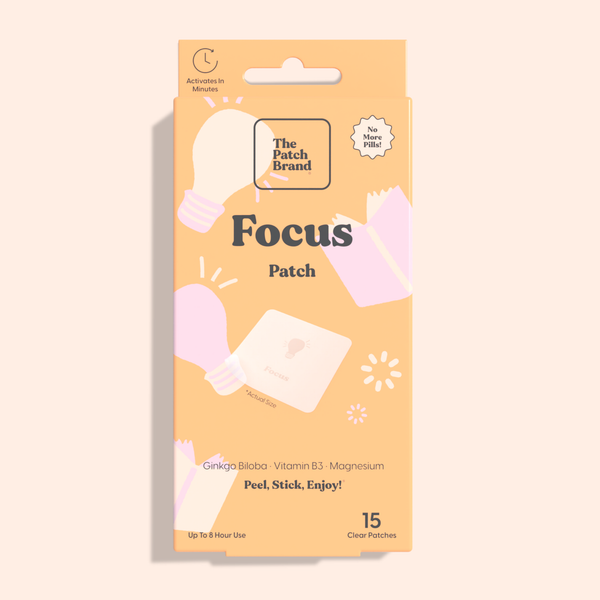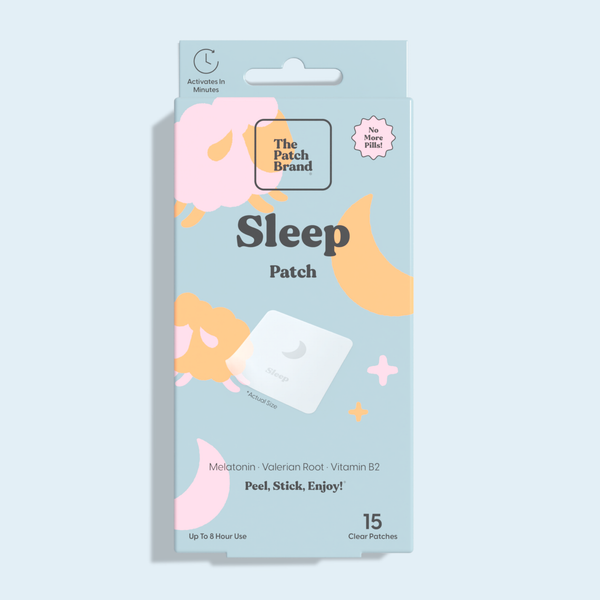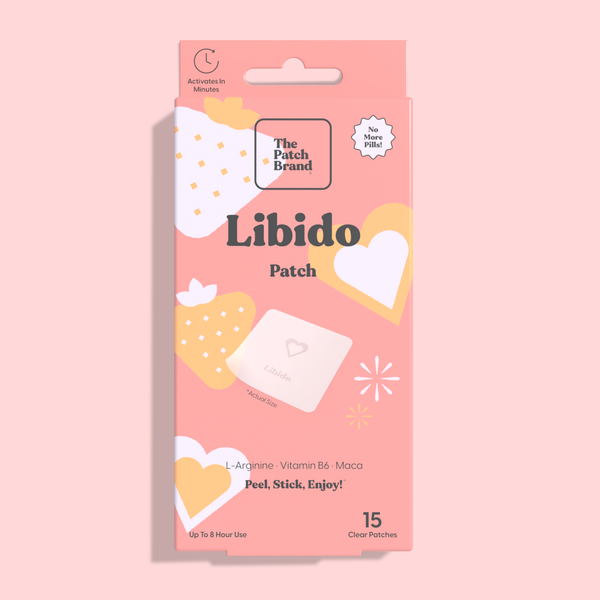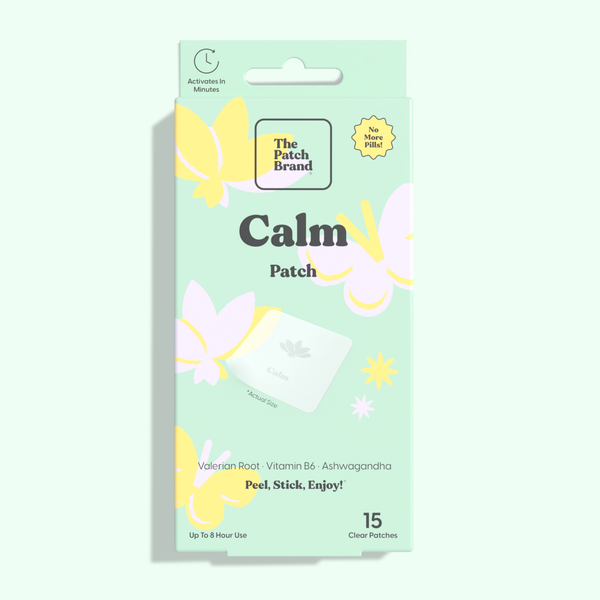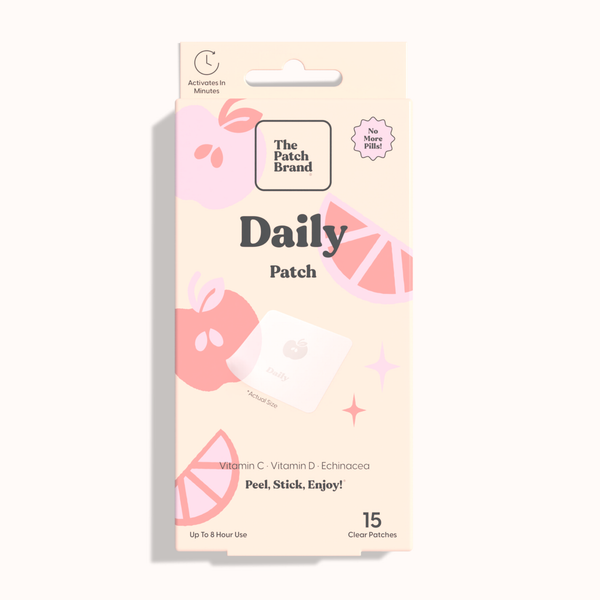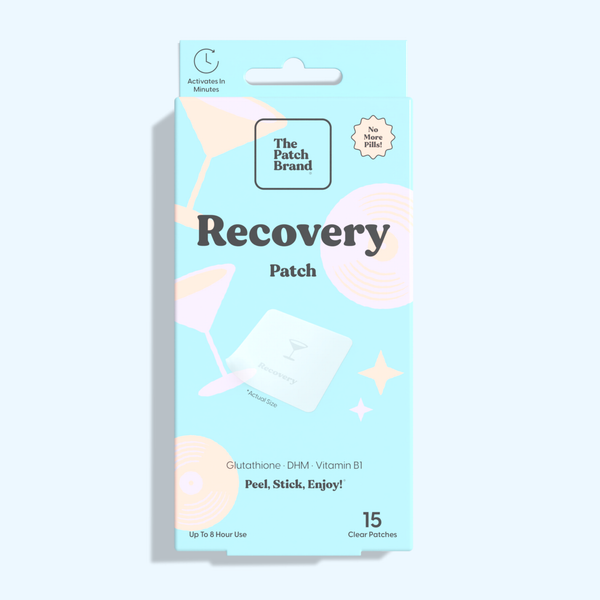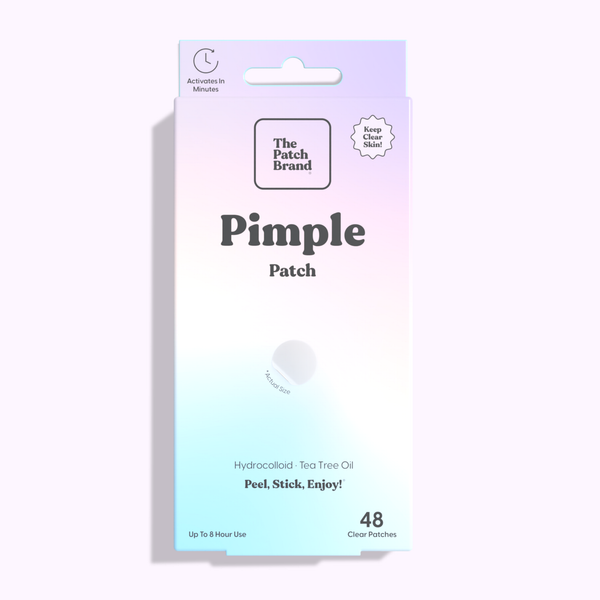Pimples are a common skin concern, and their development can be attributed to a variety of factors. This segment of our guide will delve into the primary causes of pimples, helping you understand their origins and how to effectively tackle them. By gaining insight into what causes pimples, you can take proactive steps towards prevention and maintain healthier skin.
Crafting an Effective Skincare Routine
The foundation of any skincare routine is gentle cleansing. Cleansing helps to remove dirt, oil, and impurities that can clog pores and lead to pimples. It's crucial to choose a cleanser that is gentle on the skin to avoid stripping it of its natural oils, which can lead to increased oil production and more pimples. For those with pimple-prone skin, a mild cleanser with hydrating ingredients is ideal for maintaining the skin's natural balance.
Exfoliation is essential in a skincare routine for clear skin. It helps to remove dead skin cells that can clog pores. However, it's important to use a gentle exfoliant and not over-exfoliate, as this can irritate the skin and exacerbate pimples. Chemical exfoliants like AHAs and BHAs are often recommended for their ability to penetrate deeply and clear out clogged pores without harsh scrubbing.
Selecting the right moisturizer is key, regardless of your skin type. Many people with oily or pimple-prone skin hesitate to use moisturizers, fearing they might cause more pimples. However, moisturizing helps to maintain the skin's natural barrier, preventing the overproduction of oil. Look for lightweight, non-comedogenic moisturizers that provide hydration without clogging pores.
Diet and Hydration for Skin Clarity
Certain foods have been linked to increased pimple formation. Foods high in sugars, dairy products, and certain fats can trigger hormonal fluctuations and inflammation, leading to breakouts. Being mindful of these potential triggers and moderating their intake can help in maintaining clearer skin. A diet rich in skin-friendly foods can be a powerful tool in combating pimples. Key dietary tips for clear skin include:
-
Incorporate Antioxidants: Antioxidants found in fruits and vegetables combat free radicals, reducing inflammation and promoting a healthy, pimple-free complexion.
-
Vitamin-rich foods: Vitamins A, C, and E are particularly beneficial for the skin, helping in cell regeneration and maintaining skin elasticity.
-
Zinc Intake: Zinc, often found in nuts and seeds, is another key nutrient, known for its anti-inflammatory properties and ability to reduce pimple formation.
-
Stay Hydrated: Water plays an indispensable role. It not only hydrates the skin but also helps eliminate waste products that can clog pores and cause pimples. Adequate hydration ensures that the skin is sufficiently moisturized from the inside, reducing the chances of excessive oil production.
-
Limit Trigger Foods: High-glycemic foods, dairy, and certain types of fats can trigger hormonal imbalances and inflammation, leading to pimples.
A balanced, nutrient-rich diet is not just good for your overall health; it directly benefits your skin. By carefully selecting what you consume, you can significantly influence the health and appearance of your skin.
Stress Management Techniques for Skin Health
One effective method for managing stress is meditation. Regular meditation can significantly reduce stress levels, leading to a decrease in the production of stress hormones that can trigger pimples. Meditation promotes relaxation and helps in balancing the body's systems, including those that impact skin health. By incorporating meditation into your daily routine, you can help maintain a calmer mind and clearer skin.
Exercise is another powerful tool in the fight against stress-related skin issues. Physical activity releases endorphins, the body's natural stress relievers, which can help in reducing the likelihood of stress-induced pimples. Additionally, exercise increases blood flow, bringing more oxygen and nutrients to the skin, which can help in healing and preventing pimples.
Getting enough sleep is crucial for skin health. Sleep deprivation can increase stress levels, worsening skin conditions like pimples. Quality sleep allows the body to repair and rejuvenate itself, including the skin. Ensuring that you get adequate, restful sleep is a key part of any skin health regimen.
Over-the-Counter Treatments and Natural Remedies
Navigating the world of pimple treatments can be overwhelming, with a plethora of over-the-counter options and natural remedies available. This will guide you through effective treatments and debunk common myths. Here are some key considerations in choosing pimple treatments:
-
Effectiveness of Active Ingredients: Over-the-counter treatments like salicylic acid and benzoyl peroxide have proven effective for many. Salicylic acid works by penetrating and clearing clogged pores, while benzoyl peroxide targets the bacteria that cause pimples. These ingredients are found in various forms, from cleansers to spot treatments, allowing for flexible application based on individual needs.
-
Personal Skin Type and Sensitivity: The choice between over-the-counter treatments and natural remedies should be based on individual skin type, the severity of pimples, and personal preferences.
-
Natural Remedies: Ingredients like tea tree oil have been recognized for their antimicrobial properties. They can be a great alternative for those with sensitivities to stronger chemicals or for those who prefer a more holistic approach. However, it's important to use these remedies judiciously, as overuse or incorrect application can lead to skin irritation or worsening of pimples.
-
Myth Versus Fact: It's also crucial to be wary of common pimple myths and rely on treatments that are supported by scientific evidence for the best results.
Balancing over-the-counter treatments with natural remedies, while basing decisions on scientific evidence, can optimize pimple management. This approach allows for a customized regimen that addresses individual skin concerns, enhancing overall effectiveness and skin health. Remember, what works for one person may not work for another, so personalization is key.
The Role of Professional Advice and Lifestyle Choices
For persistent or severe acne, consulting dermatologists is a wise decision. Dermatologists can provide personalized advice and treatment options that are tailored to your specific skin type and acne condition. They can prescribe medications like retinoids or hormonal treatments that are not available over the counter. Consulting a dermatologist is especially important if you've tried various treatments without success, as they can offer more advanced solutions and help prevent long-term skin damage and scarring.
Regular exercise has numerous benefits for your skin. It enhances blood circulation, which helps to nourish skin cells and promote the removal of toxins. Exercise also helps in balancing hormones, which can reduce the likelihood of hormone-related pimples. However, it's important to maintain proper hygiene during and after workouts, as sweat can clog pores and lead to breakouts.
Certain lifestyle choices can negatively affect your skin. Habits like touching your face frequently, not cleaning your phone screen, using dirty makeup brushes, or sleeping with makeup on can all contribute to the formation of pimples. Being mindful of these habits and making conscious efforts to change them can have a significant positive impact on your skin.
The key to successful pimple prevention lies in consistency and awareness. Regular and mindful skincare practices, balanced nutrition, stress management, and appropriate treatment choices work synergistically to promote skin health. It's also crucial to remain informed and adaptable, as skin's needs can change over time or with varying environmental factors. Remember, while pimples can be a common skin issue, they don't have to be a permanent concern. By embracing a comprehensive and personalized skincare regimen, staying informed about the
latest treatments and advice, and being consistent in your skincare practices, you can effectively manage and prevent pimples. Clear skin is not just about the products you use; it's about a lifestyle that supports overall skin health. With the right approach and care, achieving and maintaining clear, healthy skin is within reach.
